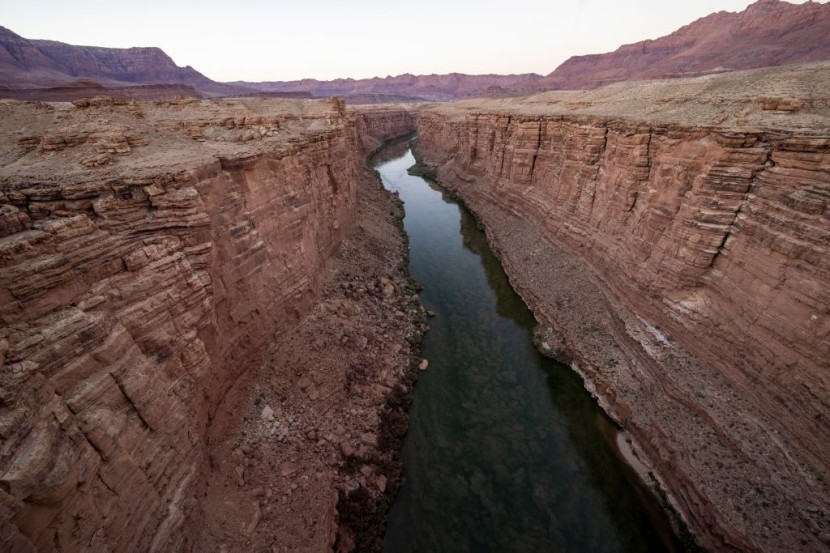The National Park Service (NPS) has issued a warning that E. coli bacteria have been found in the park's water supply at Grand Canyon, Arizona.
Water at Phantom Ranch, a resort at the bottom of the southern end of the Grand Canyon in Arizona, was advised to be boiled as a precautionary measure in a report made on Friday, August 25. The NPS warned that these germs may make you ill and are especially dangerous for those with compromised immune systems.

"Bacterial contamination can occur when increased run-off enters the drinking water source (for example, following heavy rains)," the agency added, as reported by the New York Post. "It can also happen due to a break in the distribution system (pipes) or a failure in the water treatment process."
In order to destroy microorganisms, the NPS recommends boiling the water for one minute every 1,000 feet of elevation before using it for drinking, brushing teeth, cleaning dishes, producing ice, or cooking. Water from a bottle is another viable option.
At this moment, it has not been discovered that E. coli exists in any other locations other than Phantom Ranch.
See Also : Rhode Island: Tick-Borne Disease Kills 80-Year-Old Woman; Everything We Know About Powassan Virus
E. Coli Symptoms According to Experts
The Centers for Disease Control and Prevention (CDC) report that E. coli, or Escherichia coli, is a common form of bacterium that may be discovered in soil, water, and animal and human digestive systems.
Sickness brought on by certain strains includes, but is not limited to, the following: severe stomach pains, diarrhea (sometimes bloody), vomiting, respiratory sickness, urinary tract infections, and pneumonia.
Although symptoms often appear 3-4 days after ingesting E. coli-contaminated food or drink, they may appear as early as one day or as late as ten days later.
Most individuals get well without treatment within five to seven days, but others become very sick and need hospitalization.
Diarrhea that lasts more than three days, diarrhea with a temperature higher than 102 F, bloody diarrhea, or vomiting so severe that you cannot keep liquids down and pass very little urine, should prompt a visit to a doctor, as recommended by the CDC.
According to the CDC, some persons who have E. coli may develop a condition known as hemolytic uremic syndrome (HUS), which can result in the failure of the kidneys or other life-threatening problems.
Those suffering from HUS may experience profound exhaustion, reduced urine, and loss of color in the face and lower eyelids.
The NPS has said that it is taking action to address the problem by making control system adjustments and resuming the chlorination process.
"We are increasing sampling for coliform bacteria to determine the source of the contamination. We will inform you when tests show no bacteria, and you no longer need to boil your water," the announcement reads.
© 2025 HNGN, All rights reserved. Do not reproduce without permission.








